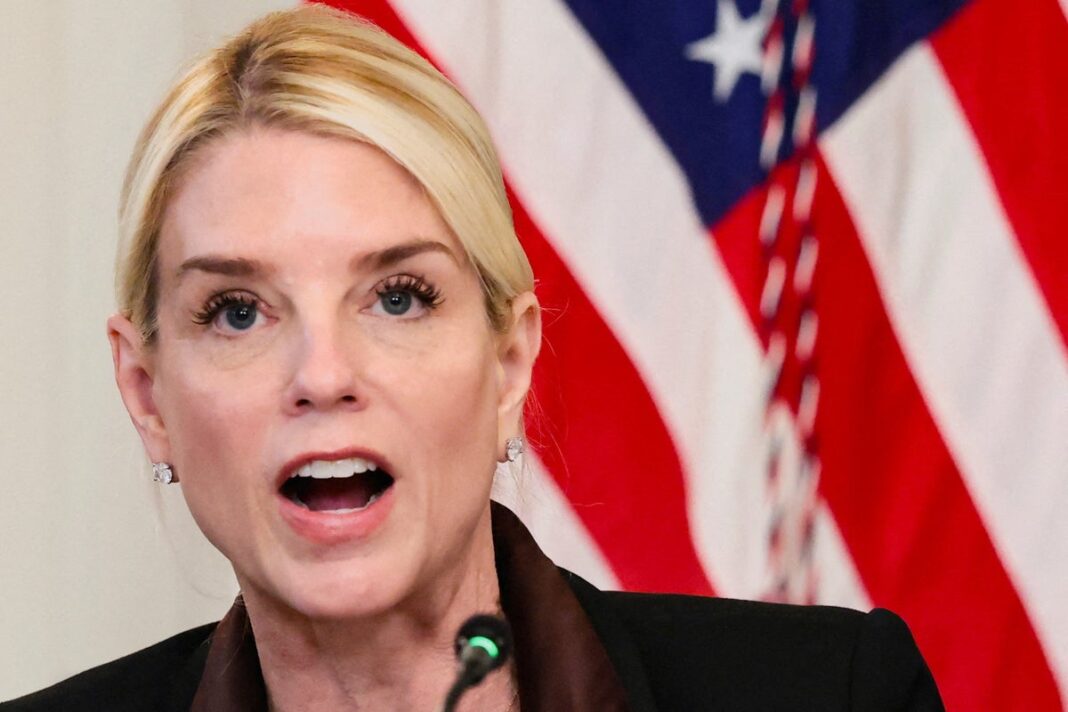Your Support Helps Us Tell the Story
In a time defined by rapid change and intense polarization, storytelling takes center stage. Organizations like The Independent are committed to delivering real-time news and in-depth analysis on significant issues, including reproductive rights, climate change, and the influence of Big Tech on society. The importance of accurate, unbiased journalism cannot be understated; it helps parse through the noise and engage individuals in thoughtful dialogue.
The Importance of On-the-Ground Reporting
To effectively cover today’s evolving narratives, reporters must be present where events transpire. From the halls of Congress to the streets of Portland, your support plays a critical role in empowering journalists to conduct interviews, gather facts, and report on diverse perspectives. The funding generated from donations allows for this vital work, enabling The Independent to champion stories that matter across the political spectrum.
As America faces a moment fraught with tension, it’s vital that newsrooms remain accessible to the public without the constraints of paywalls. This approach not only democratizes information but fosters a well-informed citizenry, which is essential for a healthy democracy.
A Rising Dialogue on Extremism and Public Safety
The recent rhetoric surrounding Antifa, a loose coalition characterized as antifascists, highlights a growing concern over public safety. Attorney General Pam Bondi’s alarming claims equating Antifa to organized crime syndicates like MS-13 amplify a narrative that questions the legitimacy of dissent and the boundaries of free speech. This narrative gained traction when President Trump signed an executive order designating Antifa as a “domestic terrorist organization.” Legal experts warn this designation could provide excessive governmental powers to suppress differing viewpoints.
Countries around the world grapple with how to manage dissenting voices while ensuring safety and order. In the U.S., the accusations surrounding Antifa reflect deeper societal rifts, prompting discussions on civil liberties and the importance of distinguishing between activism and terrorism.
Influencers, Activism, and Personality Politics
The interplay between politics and media amplifies this discourse further. MAGA influencers have become crucial voices in the anti-Antifa narrative, often claiming to be victims of intimidation and violence from activists. For instance, Katie Daviscourt from The Post Millennial expressed that she faced violent repercussions from a so-called Antifa protester, bringing media attention to the alleged risks faced by those holding conservative views.
Such incidents are often leveraged to generate fear and rally support among like-minded constituents. Bondi’s comments that such behaviors are akin to organized crime attempt to paint a singular narrative that serves political interests, even as varied perspectives emerge from both sides of the aisle.
The Broader Context of Protest and Resistance
Public demonstrations have surged in various cities as citizens voice their opinions about government actions, especially relating to immigration policies and civil rights. The deployment of federal agents in response to protests has added layers of complexity and tension, causing many to ask: Is this a necessary measure for maintaining order, or does it represent an overreach of governmental powers?
Among the controversies, voices from the White House have pointed to Antifa as an essential scapegoat for unrest, accelerating the discourse into the realm of fear tactics. Figures like secretary Kristi Noem have drawn parallels between Antifa and international terrorist organizations, which may resonate with particular audiences seeking simplified answers to complex issues.
The Political Maneuvering Surrounding Antifa and Protests
Substantial political maneuvering is evident, particularly during discussions about upcoming protests, such as the “No Kings” demonstrations. These events are dubbed as breeding grounds for so-called radicals, perpetuated through statements from Republican leaders equating peaceful protests to violent extremism.
Transportation Secretary Sean Duffy emphasized concerns over “paid protesters,” asking who funds such demonstrations, while House Speaker Mike Johnson speculated about the affiliations of participants. Such framing shapes public perception, often reducing multifaceted social movements to mere caricatures of extremism.
Media Representation and Public Perception
The media plays an intricate role in shaping narratives surrounding groups like Antifa and the broader landscape of political discourse. In the current media ecosystem, the portrayal of protests can heavily influence public perception; whether protests are depicted as peaceful gatherings or chaotic riots can sway the opinions of individuals and even policymakers.
The challenge lies in balancing effective journalism that captures the essence of events while also holding space for diverse insights and perspectives. It’s a dance between storytelling and responsible reporting, requiring a commitment to truth and integrity.
A Call for Sustained Support in Journalism
Organizations like The Independent rely on the support of the public to keep bringing these stories to light. Your contributions directly impact the ability to hire journalists, fund in-depth investigations, and maintain an editorial stance committed to truth-telling. It’s about fostering a culture of informed citizens who can engage thoughtfully with the complexities of today’s political and social landscapes.
By supporting vital journalism, you not only contribute to the pursuit of truth but also the enduring legacy of democracy, where every voice and story matters.



